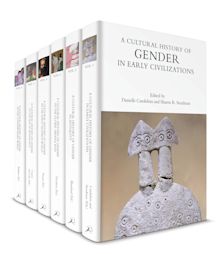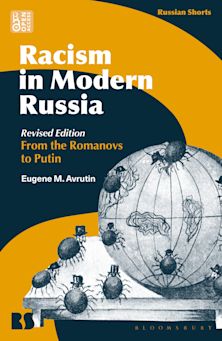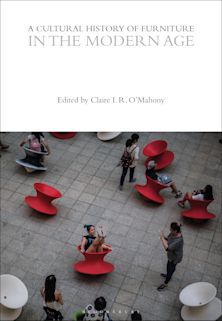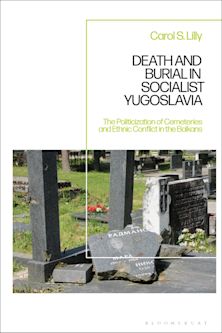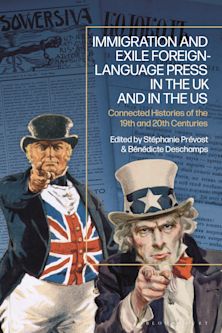- Home
- ACADEMIC
- History
- Modern History
- Dry Diplomacy
This product is usually dispatched within 3 days
- Delivery and returns info
-
Free CA delivery on orders $40 or over
You must sign in to add this item to your wishlist. Please sign in or create an account
Description
The Eighteenth Amendment and the Volstead Act of 1920 would transform American life, giving birth to the Roaring '20s with its bathtub gin, speakeasies, and booze-running gangsters. Yet, as Lawrence Spinelli so clearly shows, the prohibition of the manufacture, sales, and transport of alcohol would have wider repercussions. In a world of international relations deeply unsettled after what was thought to be the War to End All Wars, the crusade for temperance on the American home front would disrupt the critical Anglo-American alliance.
Dry Diplomacy is the first complete treatment of the diplomatic ramifications of prohibition. Spinelli explores the widespread effects on international law, shipping, foreign policy, and trade. In this context, American interests appeared to be pitted against those of Britain as she sought to recover from the First World War by expanding trade, promoting domestic industries such as whiskey distilling, and reasserting shipping dominance in the sea lanes. American interference with international shipping—in order to disrupt what Presidents Harding and Coolidge deemed British alcohol smuggling—would lead to a diplomatic crisis in the mid-1920s.
Drawing on international archives such as the Cunard Archives and the records of the U.S. Justice Department, Spinelli digs deep into an important chapter of American "independent internationalism."
Table of Contents
Chapter 2: American Uncertainty: The Harding Administration and Prohibition Enforcement, 1921–1923
Chapter 3: "Puritanism Run Mad": Shipping and Prohibition, 1919–1923
Chapter 4: Limited Options: The American Treaty Proposal, May–July 1923
Chapter 5: A New Prospective: Negotiating the Anglo-American Liquor Treaty, July 1923–May 1924
Chapter 6: An Unresolved Problem: Post-Treaty Entanglements, 1924–1926
Chapter 7: Making the Treaty Work: The London Conference, 1926–1928
Chapter 8: A Surprising Finale: Canada, Hoover, and the Burdens of Repeal, 1929–1940
Conclusion
Product details
| Published | Nov 06 2007 |
|---|---|
| Format | Paperback |
| Edition | 1st |
| Extent | 200 |
| ISBN | 9780742560789 |
| Imprint | Rowman & Littlefield Publishers |
| Dimensions | 229 x 154 mm |
| Series | America in the Modern World |
| Publisher | Bloomsbury Publishing |
About the contributors
Reviews
-
Based on extensive research, Dry Diplomacy shows an important linkage between domestic and foreign affairs during this era. . . . Spinelli examines a feature of Anglo-American relations that has been largely ignored by historians. . . . Spinelli's book is a welcome contribution to the literature on drug smuggling—in this instance, liquor—in international relations.
American Historical Review
-
Dry Diplomacy takes Prohibition out of its domestic context and projects it into the international sphere. . . . Spinelli's study is engagingly written and comprehensively researched in both American and British archives. It provides valuable insights into the history of Prohibition, Anglo-American relations, and United States shipping policy, and it should be welcomed as a significant contribution to the historical literature of the interwar period.
Journal of American History
-
Of all the aspects of American life and politics that were changed by the 18th Amendment, relations between the United States and its closest ally might have been the least likely arena for disruption. But as Lawrence Spinelli shows in his absolutely authoritative and often fascinating book, 'disruption' doesn't begin to describe it. Dry Diplomacy is an excellent piece of research and analysis.
Daniel Okrent, author of Great Fortune: The Epic of Rockefeller Center












